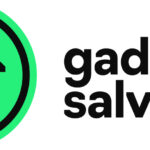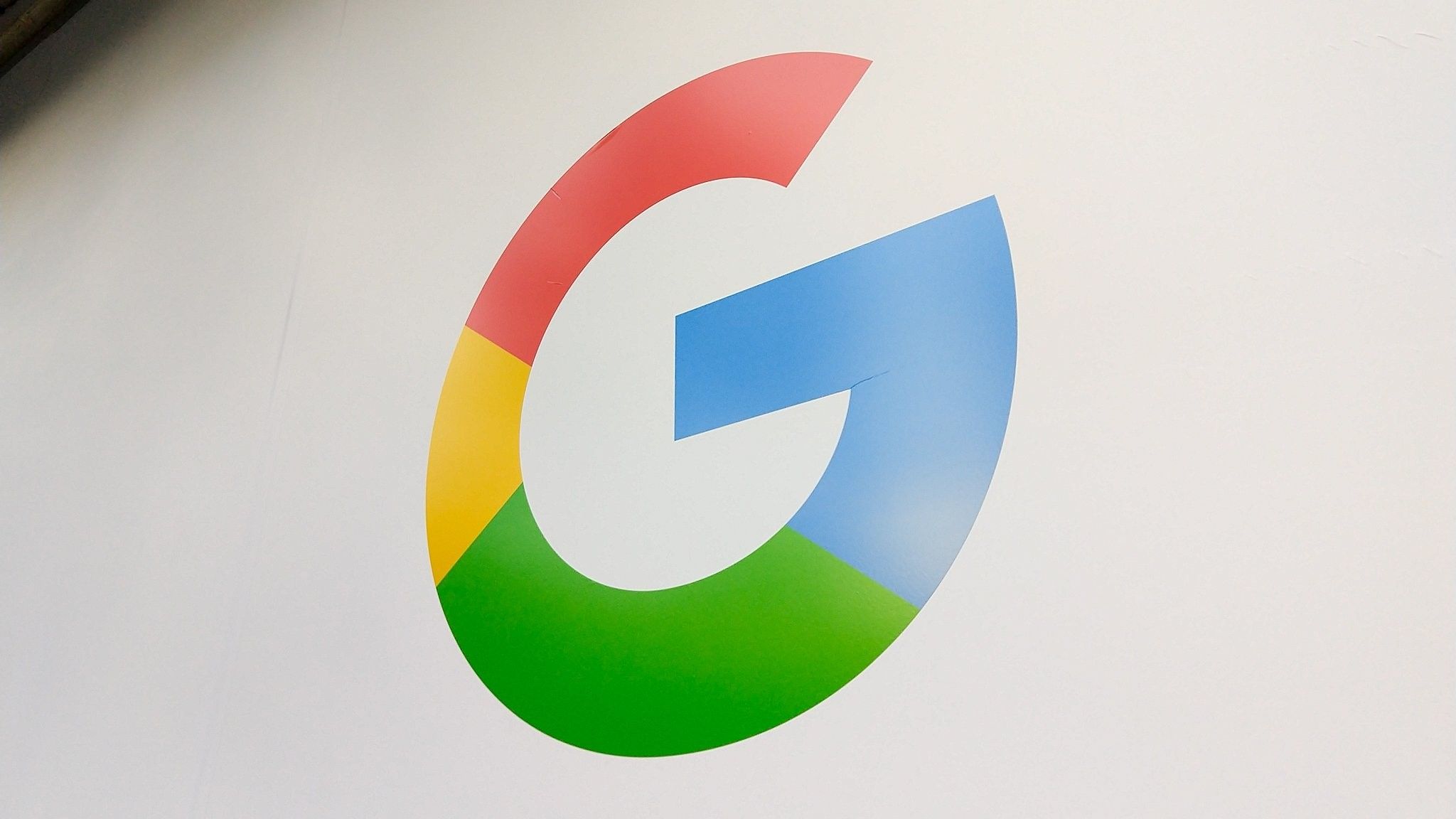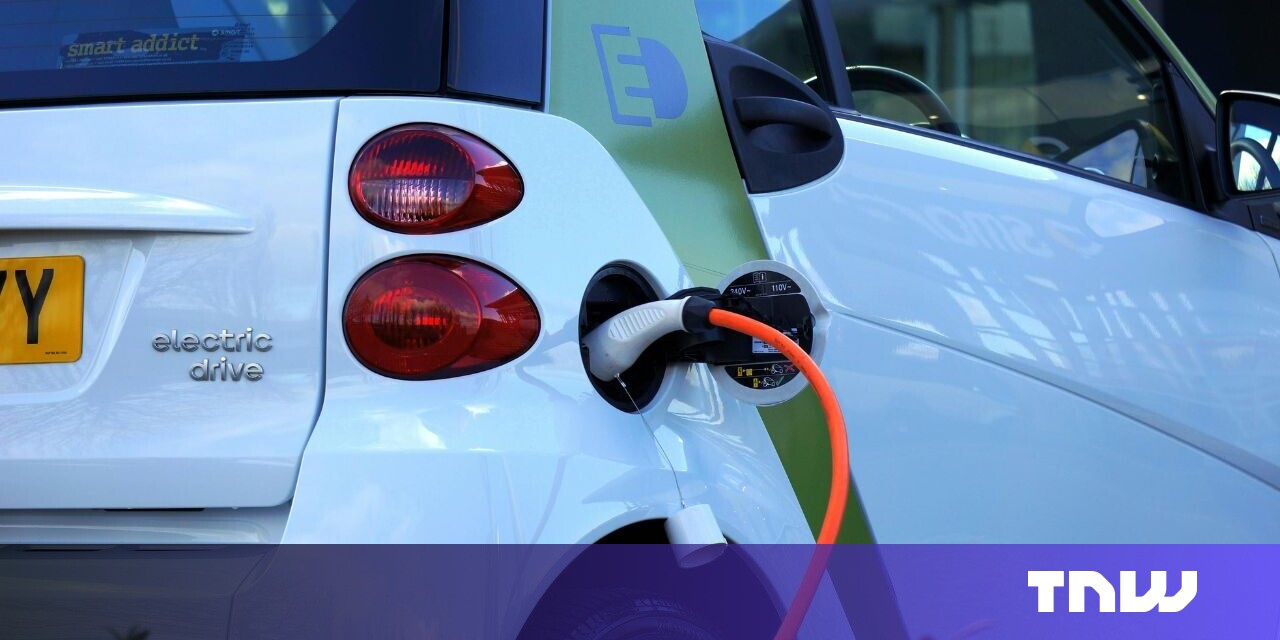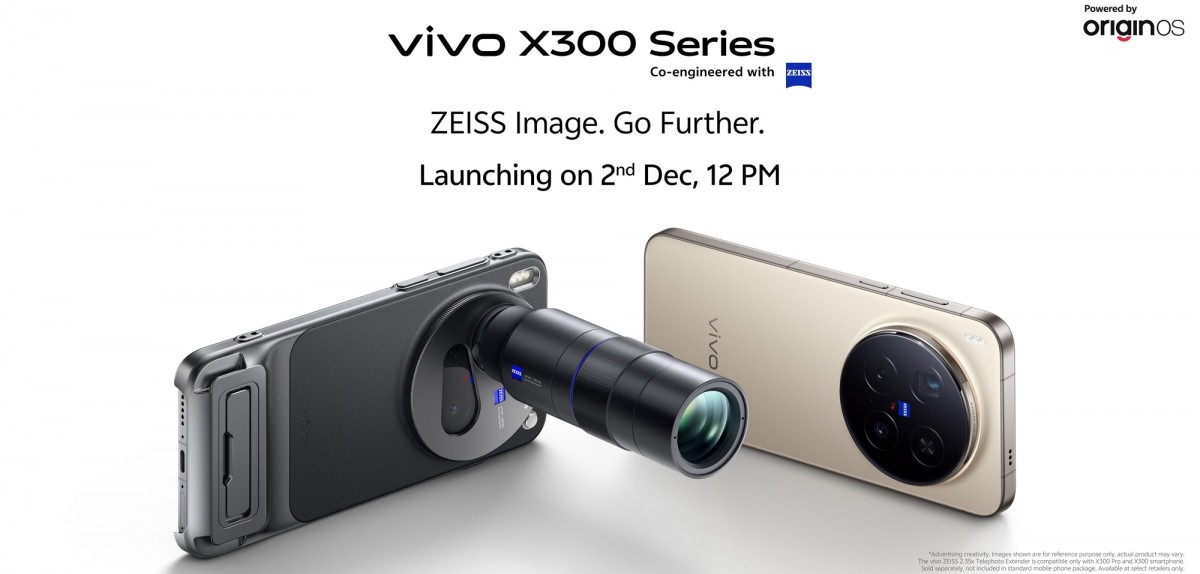What you need to know
- A report claims that the US Supreme Court has doubled down on its previous ruling, rejecting Google’s request to pause on certain aspects.
- The US Supreme Court says Google must make previously proposed “changes” to the Play Store in 2024.
- Google was previously ordered to cease its anti-competitive practices on the Play Store, which has been the main catalyst behind the Epic Games lawsuit.
The US Supreme Court is reportedly standing by its order on Google and its Play Store.
The court’s continuation order was informed by CNBC, which says it has “rejected” Google’s request to suspend certain parts of an earlier ruling. The order with which Google sought to gain some room for maneuver concerned the proposed “changes” that US District Judge James Donato handed down in 2024. This is all wrapped up in the case Epic against Google, where the latter was accused of implementing anti-competitive practices through the Play Store.
As a result, Donato ruled that Google would have to make changes to move away from those anti-competitive practices, so that third-party developers could more comfortably place their apps on the Play Store.
According to the publication, Google’s attempt this year was due to the company calling Donato’s previous ruling “unprecedented” as it could create “security risks” and put it at a disadvantage.” CNBC reiterates that Google has been ordered to allow the ability for third-party developers to place their products on the Play Store for users to download. Additionally, Google was ordered to make its “Play application catalog available to competitors.”
Google is likely pursuing a freeze on these issues now because, as CNBC claims, this checklist is not supposed to go into effect until July 2026.
A long and historic case
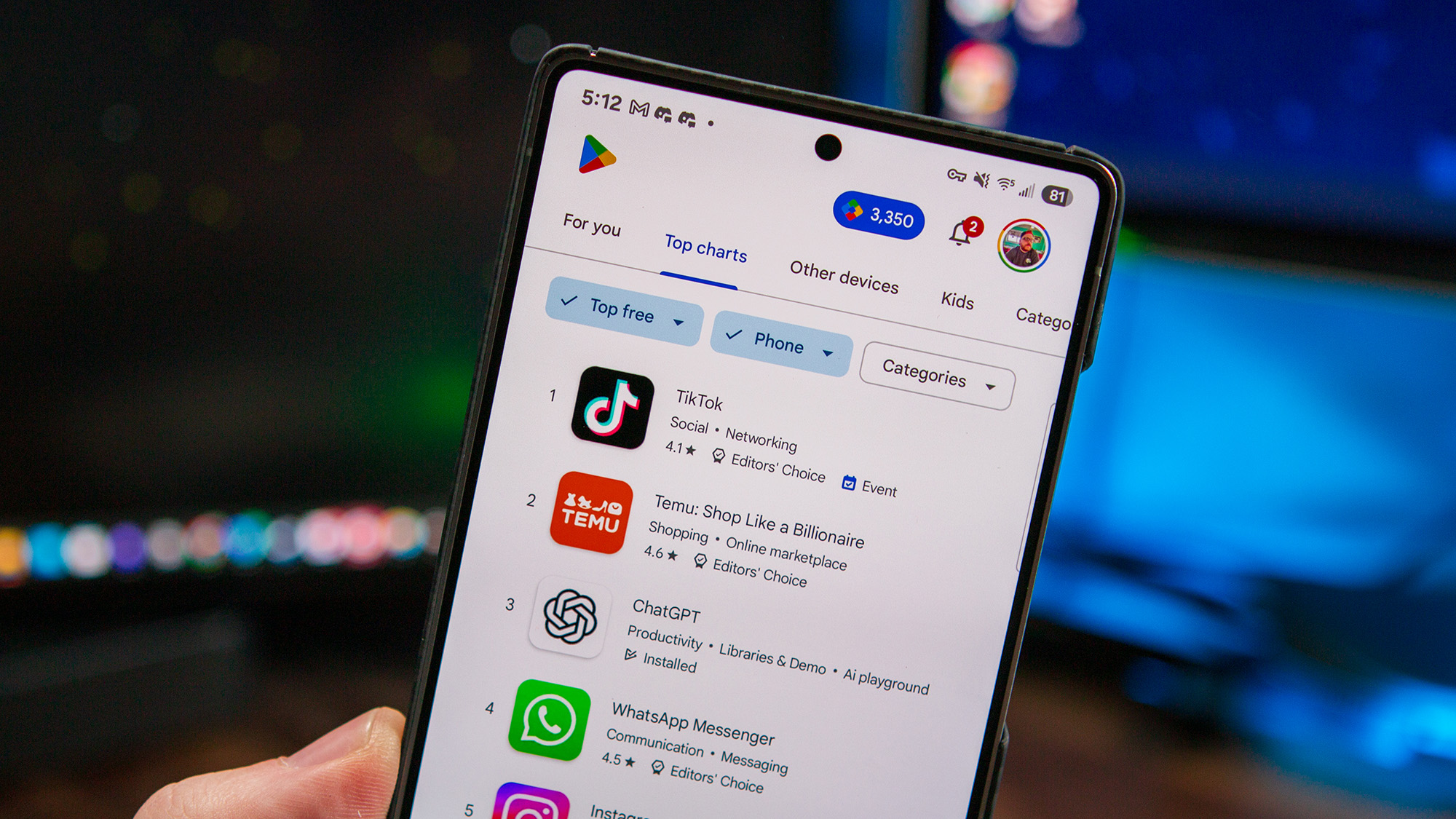
We’ve been down this road between Epic and Google for a few years now, and in August it was ruled by the Ninth Circuit that Epic Games should be allowed on the Play Store. A jury found Google guilty of illegally monopolizing “Android app distribution” and “in-app billing.” Not only was Epic allowed to bring its Game Store to the Play Store, but the Ninth Circuit further ruled that Google should open its platform to third-party developers.
Additionally, Google was “prohibited” from requiring consumers to use its Play Billing services. Another notable issue raised throughout this lawsuit.
While the Ninth Circuit sided with Epic earlier this year, it was reported that Google could look to the “full” Ninth Circuit to pursue a different, likely more favorable ruling. We have now seen his lawsuit before the US Supreme Court fail, so it remains to be seen what else comes of this lawsuit. There are still some things about Judge James Donato’s earlier ruling that may not happen, but more information is likely to come.
#Supreme #Court #upholds #Google #Play #Store #ongoing #Epic #Games #lawsuit





